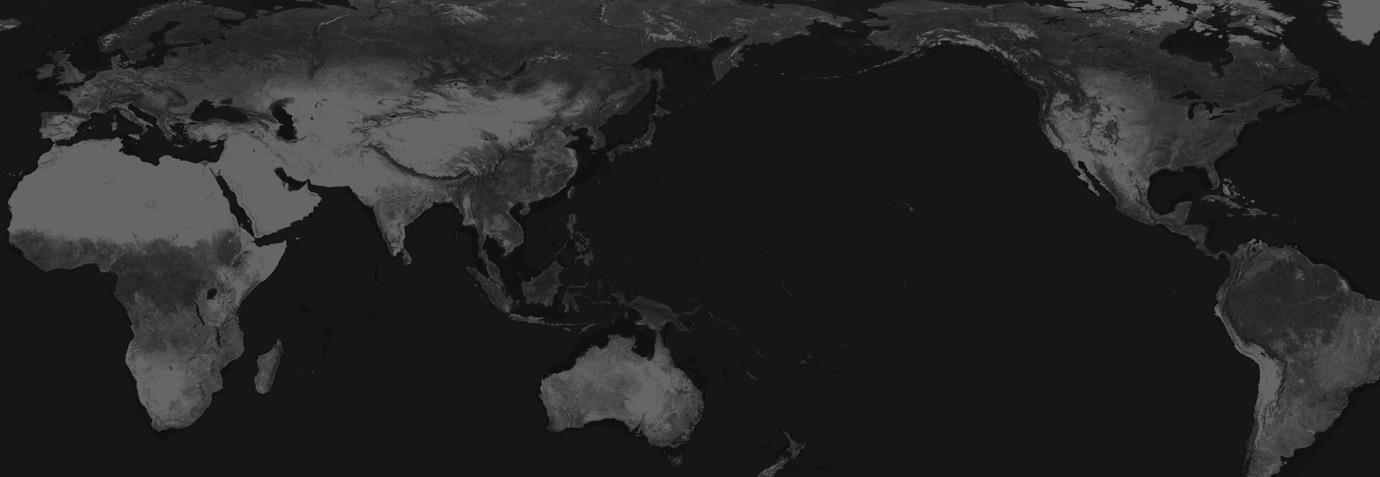Fiji is made up of more than 330 tropical islands, of which only 100 are permanently inhabited. The two main islands of Fiji – Viti Levu and Vanua Levu – account for most of Fiji’s population. Fijian’s highly value family and community, and it shows – if you speak with anyone who’s ever been to Fiji, they’ll tell you that the Fijians are among the happiest, most friendly people on earth.
Apart from the endlessly hospitable people, there’s no denying that part of what makes Fiji one of the most attractive tourist destinations is the never-ending string of white-sandy beaches and crystal clear waters. Hundreds of thousands of tourists flock to Fiji each year – an impressive 340,800 Australian tourists alone holidayed in Fiji in the year ending December 2018.
Fiji has a warm, tropical climate all year round – maximum temperatures rarely move out of the 26-31 degree range, which means it’s the hotspot destination for beach lovers. Although, it isn’t just about the beaches. Nature lovers, look no further than the island of Taveuni. Taveuni is the country’s third largest island, commonly referred to as the ‘Garden Island’ because of its lush-green jungles with an abundance of wildlife, volcanic peaks and secluded waterfalls.
There are activities and experiences for everyone, so Fiji won’t disappoint. From the chance to dive amongst endless beautiful coral reefs, and ample opportunities for hikers and bird-watchers, it really will be a place you’ll want to return to again and again
In the same way you would prepare yourself for any trip, it’s important to consider the risks of disease and illness that can very quickly taint the experience of a dream tropical island holiday. Speak with your healthcare professional about which vaccinations or other preventative measures you might need prior to your departure.

